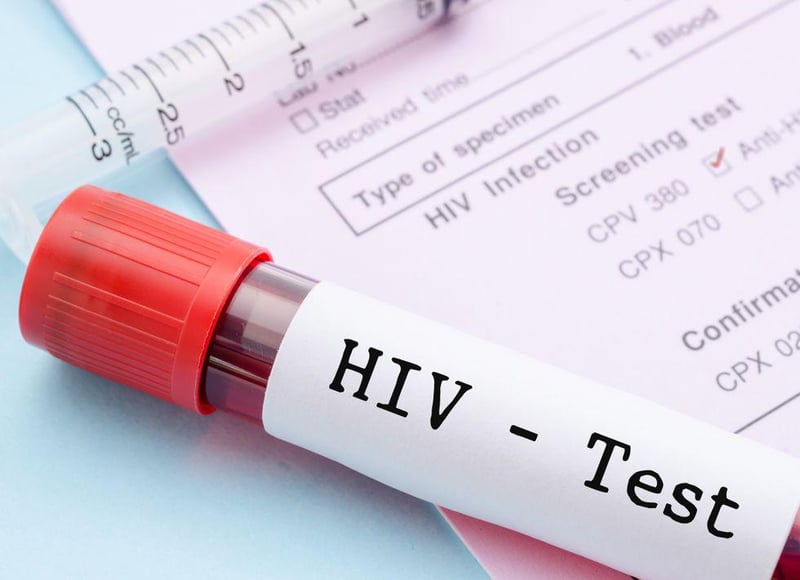Get Healthy!

- Cara Murez
- Posted September 21, 2022
HIV & Hepatitis Can Be Deadly Combo for the Heart
As people with HIV age, their odds for heart attack rise -- and those with untreated hepatitis C have an even higher risk, a new study finds.
"HIV and hepatitis C co-infection occurs because they share a transmission route -- both viruses may be transmitted through blood-to-blood contact," said senior author Keri Althoff, an associate professor of epidemiology at Johns Hopkins Bloomberg School of Public Health in Baltimore.
"Due in part to the inflammation from the chronic immune activation of two viral infections, we hypothesized that people with HIV and hepatitis C would have a higher risk of heart attack as they aged compared to those with HIV alone," Althoff said in a news release from the Journal of the American Heart Association, where the study was published on Sept. 21.
To study this theory, researchers analyzed health information from more than 23,000 people who were part of a North American AIDS research study between 2000 and 2017. All were receiving antiretroviral treatment for HIV.
About 1 in 5 was also positive for hepatitis C.
The researchers compared heart attack rates between the HIV-only and the HIV-hepatitis C groups as a whole and as participants got older. Participants were between 40 and 79 years of age at the outset.
With each decade of increasing age, heart attacks increased 30% in people with HIV alone and 85% in those who were also positive for hepatitis C, the study found.
People who had other traditional risk factors for heart disease were at even greater risk. For high blood pressure, heart attack risk more than tripled. With smoking it rose 90%, and with type 2 diabetes it jumped 46%.
HIV-related factors also affected heart attack risk. Participants with low levels of CD4 immune cells had a 40% higher risk, and those taking protease inhibitors had a 45% higher risk.
"People who are living with HIV or hepatitis C should ask their doctor about treatment options for the viruses and other ways to reduce their cardiovascular disease risk,"said lead author Dr. Raynell Lang, an assistant professor of medicine and community health sciences at the University of Calgary in Canada.
She said several factors may contribute to the increased heart attack risk in co-infected patients.
"One contributing factor may be the inflammation associated with having two chronic viral infections," Lang said in the release. "There also may be differences in risk factors for cardiovascular disease and non-medical factors that influence health among people with HIV and hepatitis C that plays a role in the increased risk."
The researchers noted that the study had several limitations.
The investigators had no information about additional factors associated with heart attack risk such as diet, exercise or family history of chronic health conditions. It's also possible that the results may not apply to people outside North America, they said. The study included a period before the availability of more advanced hepatitis C treatments.
"Because effective and well-tolerated hepatitis C therapy was not available during several years of our study period, we were unable to evaluate the association of treated hepatitis C infection on cardiovascular risk among people with HIV. This will be an important question to answer in future studies," Lang said.
In a 2019 scientific statement, the American Heart Association wrote: "Even with effective HIV viral suppression, inflammation and immune dysregulation appeared to increase the risk for heart attack, stroke and heart failure."
About 75% of people who have HIV are over age 45.
"Our findings suggest that HIV and hepatitis C co-infections need more research, which may inform future treatment guidelines and standards of care," Althoff said.
More information
The U.S. Department of Health and Human Services has more on hepatitis and HIV.
SOURCE: American Heart Association, news release, Sept. 21, 2022







